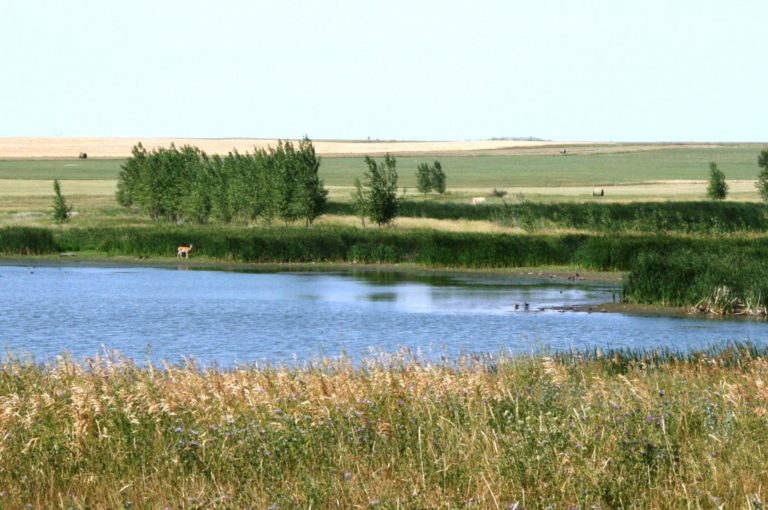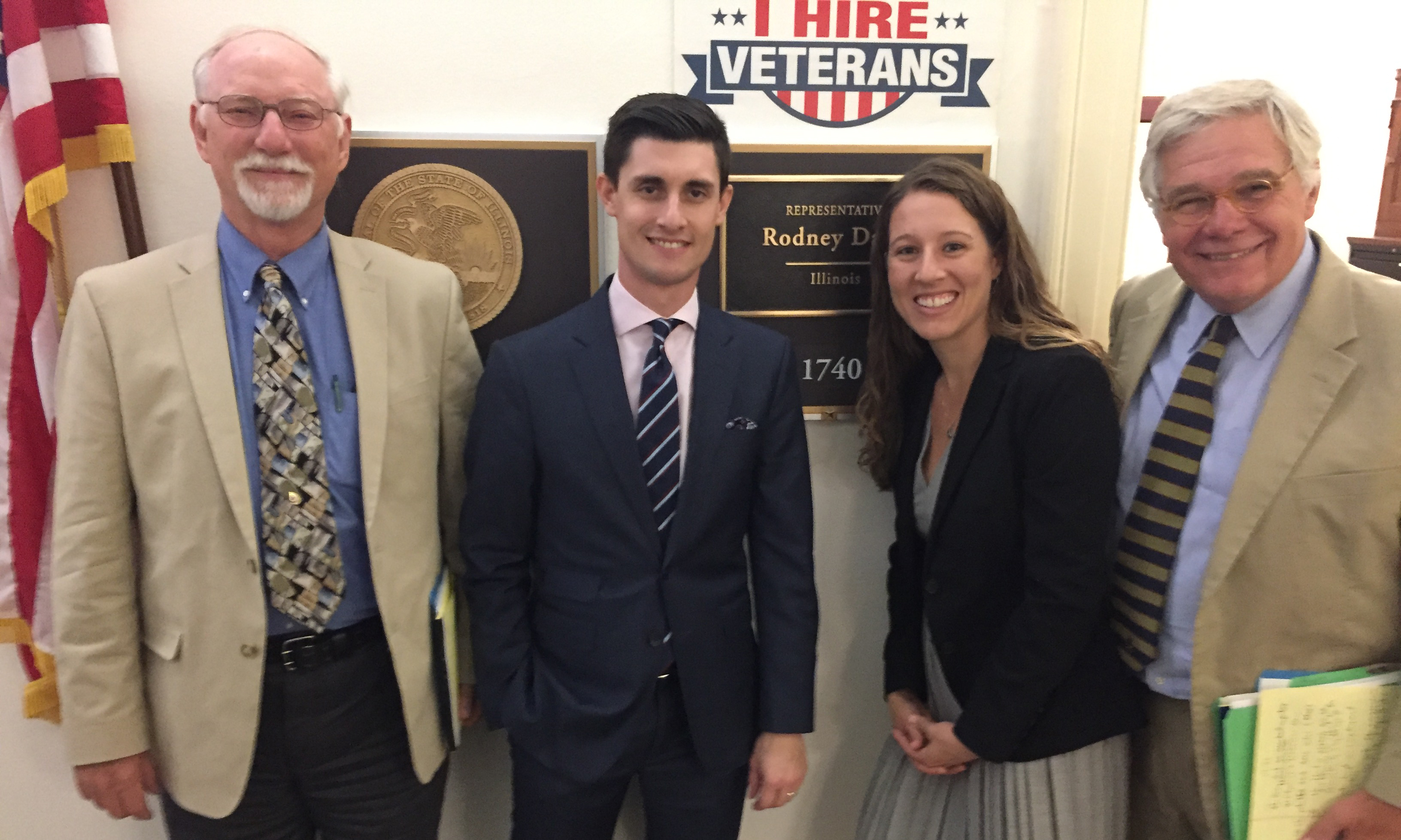2019 Reclaim Act Update
 After reintroduction in April 2019, the bipartisan RECLAIM Act was debated and voted on during the May 1st House Natural Resources Committee markup, where the bill was passed out of committee on a bipartisan basis! This passage followed a March 28th House Energy and Mineral Resources subcommittee hearing where our very own Illinois’ RECLAIM Team’s Dan Fisher and two other witnesses testified in support of RECLAIM.
After reintroduction in April 2019, the bipartisan RECLAIM Act was debated and voted on during the May 1st House Natural Resources Committee markup, where the bill was passed out of committee on a bipartisan basis! This passage followed a March 28th House Energy and Mineral Resources subcommittee hearing where our very own Illinois’ RECLAIM Team’s Dan Fisher and two other witnesses testified in support of RECLAIM.
The RECLAIM Act could be a first step toward a more diverse, sustainable economy in coal communities, though other issues remain. Congress must ensure coal companies pay their fair share to compensate miners with black lung and clean up the huge abandoned mine problem that will remain even if RECLAIM passes. Congress should pass RECLAIM immediately, should also extend the black lung tax slashed on January 1, 2019, and reauthorize the Abandoned Mine Land (AML) program.
After the passage from the House Committee, the next step or the legislation is a vote before the full House of Representatives. No Illinois representatives have stepped up to sponsor the 2019 RECLAIM Act. Call your federal representative today and ask them to sponsor the RECLAIM Act (HR 2156).
Find your US Representative here.
From November 7, 2017
 In a rare case of bipartisanship, the RECLAIM Act (H.R. 1731) was reported out of the House Natural Resources committee last month. The Act, entitled “Revitalizing the Economy of Coal Communities by Leveraging Local Activities and Investing More,” promotes economic development through reclamation of abandoned mine lands and waters in economically disadvantaged communities that have been recently impacted by a decline in coal mining.
In a rare case of bipartisanship, the RECLAIM Act (H.R. 1731) was reported out of the House Natural Resources committee last month. The Act, entitled “Revitalizing the Economy of Coal Communities by Leveraging Local Activities and Investing More,” promotes economic development through reclamation of abandoned mine lands and waters in economically disadvantaged communities that have been recently impacted by a decline in coal mining.
In early October, PRN’s Coal Campaign Coordinator, Amanda Pankau, traveled to Washington DC to join the National Wildlife Federation and groups from ten other states to educate members of the Illinois delegation about the benefits to Illinois that the RECLAIM Act would bring. As a result of the Illinois team’s efforts, Congresswoman Cheri Bustos (D-IL-17) and Congressman Bill Foster (D-IL-11) signed on as co-sponsors of the bill.
Illinois would fair better than almost any state under the RECLAIM Act, receiving $105 million to be used toward the estimated $137 million needed for our abandoned mine land reclamation work. The money comes from the Abandoned Mined Lands Fund, comprised of coal company fees paid over the last 40 years and would result in no new taxes for Illinois’ citizens. The RECLAIM Act releases the funds sooner and in a larger amount, focusing on reclaiming land that could be used for economic development.
Abandoned mine lands, eligible for reclamation under the RECLAIM Act, refer to lands mined before 1977, when laws did not exist requiring post-mining reclamation. These “pre-law” lands are often characterized by steep topography, exposed refuse, no soil, and are a source of acid mine drainage. Acid mine drainage is the discharge of acid water from a mining site created by the oxidation of pyrite and sulfide minerals that were exposed during the mining process.

The acidic land and water threaten our water and wildlife and the often steep, barren land limits economic opportunities for landowners and communities. Reclamation efforts have been proven successful in Illinois and seek to restore topography and drainage, rectify acidic soils and waters, and return soil to the sites.
Illinois has countless examples of economic development projects on reclaimed mined lands including farms, vineyards, recreational opportunities, businesses, state parks, and industrial parks. Opportunities like these are especially important in areas where coal dominated the economy. The RECLAIM Act will focus on those areas and will also include important language that will allow community members to play a role in determining what areas and projects receive support.
Prairie Rivers Network will continue to follow the status of the bill and work to ensure its success. Look for an action alert soon asking you to urge your member of the House of Representatives to speak with House Leadership about bringing the RECLAIM Act to the House floor for a vote as soon as possible.







